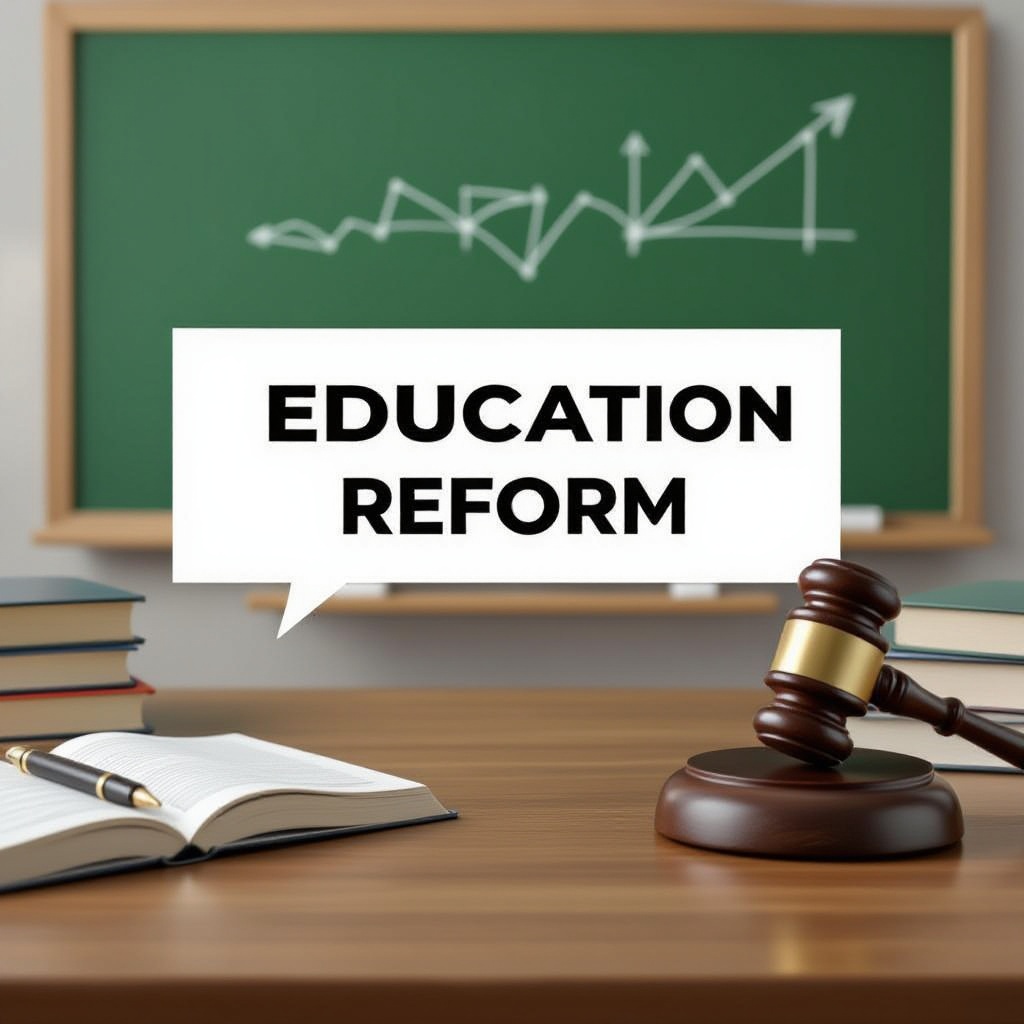In 2025, Saudi Arabia will launch a transformative AI curriculum designed to reshape education for over six million students across all levels — from elementary to university. Aligned with Vision 2030, this forward-thinking initiative emphasizes digital proficiency, teaching innovation, and practical applications, aiming to position Saudi Arabia as a global leader in AI education. Key Takeaways: Saudi Arabia’s AI curriculum will profoundly affect over six million students by embedding AI into their learning paths. The program centers on hands-on, interactive experiences to enhance student engagement and technical proficiency. With Vision 2030, the plan promises to fortify digital literacy and spur educational innovation. The curriculum adjustments sync with worldwide needs, with a strong spotlight on AI and digital skills. The initiative integrates AI modules within traditional subjects and promotes project-based opportunities for student creativity. The AI Curriculum Transforming Education Starting in 2025, Saudi Arabia is gearing up to introduce a trailblazing AI curriculum nationwide. This significant shift will influence over six million students across various educational levels, from elementary to university. With collaborative efforts from the Ministry of Education and the Saudi Data and Artificial Intelligence Authority (SDAIA), the curriculum promises a transformative impact on teaching and learning approaches. At the heart of this initiative is an emphasis on digital literacy and educational innovation. Courses are packed with hands-on, interactive modules that bring AI concepts to life. This approach is designed to engage students more deeply, ensuring they emerge equipped with crucial technical skills. Part of the Vision 2030 strategy, this initiative isn’t just education; it’s a movement positioning Saudi Arabia as a leader in AI education. With such a comprehensive plan, students can expect: Interactive lessons that foster deeper understanding of AI technologies. AI modules integrated into traditional subjects to enhance technical proficiency. Opportunities to innovate through specialized, project-based learning experiences. As AI becomes a cornerstone of the global economy, initiatives like these offer a critical advantage. By embedding AI education into the learning journey, Saudi Arabia is preparing students for a future where digital literacy is paramount. For further insights on AI in education, you might want to explore reputable sources such as the BBC’s educational articles. Modernizing Education: Structural and Curricular Reforms Saudi Arabia’s educational landscape has undergone sweeping changes, showcasing a genuine commitment to boosting literacy. Female literacy rates jumped from 69% in 2000 to 96% by 2020, and male literacy hit 90% in 2022. These improvements point to an impressive reduction in out-of-school children. There have been substantial changes in Technical and Vocational Education and Training (TVET). The focus is clearly on aligning education with the labor market. Additionally, they’re making strides in gifted education with over 28,000 gifted students recognized. New schools designed for these students are up and running. To support these initiatives, the Ministry of Education has restructured regional administrations and increased budgets for infrastructure. With 719 new schools built, there’s an evident focus on strengthening educational facilities. For more on modern education trends, visit UNESCO. Enhanced Academic Experience: Schedules and Student Well-Being Saudi Arabia’s 2025–2026 academic calendar promises a reimagined approach to education. The new system aims to better balance student well-being and academic demands. Classes will kick off on August 24, 2025, with staggered starts in some regions, providing a more flexible and tailored schedule. This modernization comes with the roll-out of 27 amazing digital courses and countless interactive learning assets. These resources will give students the tools they need to succeed. By harnessing digital innovation, education becomes more accessible and engaging. If you’re intrigued by how technology can transform education, you might find EdTech Magazine offers additional insights into these advancements. In conjunction with these developments, there’s a renewed push to instill national values and promote family involvement. Courses are focusing on building a strong connection to identity, commitment, and tolerance. These changes align tightly with the objectives of Vision 2030, which aims to prepare students for a more connected and cohesive society. Prioritizing student well-being and academic excellence through optimized schedules, Saudi Arabia’s educational shift reflects a holistic approach. Students are given every chance to thrive in a setup that encourages both scholastic achievements and personal growth. Balancing these elements will provide a more enriching academic environment and foster a nurturing society for generations to come. A Holistic Approach to Educational Innovation Saudi Arabia’s curriculum changes are aiming at creating a richer educational experience. They’re fostering an environment where students, beyond gaining technical and digital skills, are guided to become well-rounded individuals. The vision here is not just about academics but also embracing national identity and values. It’s all about creating a balanced learning space. One key aspect is strengthening school-family partnerships. This connection is crucial for improving the overall educational environment and bolstering student support systems. Schools aren’t just solo players anymore. They engage families to cultivate a supportive ecosystem for students. It’s about connecting the dots to create a community around the learner. If you’re curious to learn more about educational approaches, check out resources like Edutopia for further insights. How These Changes Impact Students Across Academic Levels Saudi Arabia’s curriculum transformation means undergraduate and master’s programs are reshaping to include AI and digital literacy as core components. This shift ensures students receive a future-focused education, keeping up with global demands. If you’re in engineering, business, or computer science, you’re in luck. These fields will benefit significantly from an emphasis on cutting-edge technologies and systems. Cities like Dubai, Abu Dhabi, and Sharjah are witnessing this shift, making education resources in these areas some of the best available. You’ll gain access to courses that mold your skills to be competitive worldwide. This change is evident in the innovative programs now part of the curriculum, emphasizing real-world applications. For more insights on international educational standards, you can visit UNESCO’s education page. This link provides a deeper understanding of how global educational standards are being met seamlessly. Frequently Asked Questions 🤖 What is Saudi Arabia’s new AI curriculum all about? The AI curriculum launching in 2025 is
